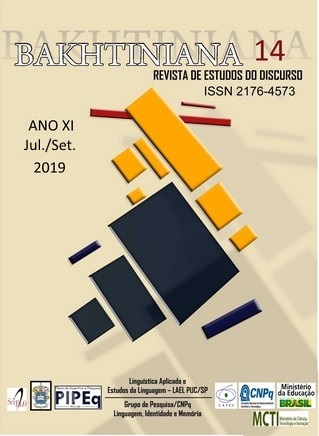José de Alencar’s Drama Mãe and the African-Brazilian Social Voices
Keywords:
Alencar’s drama, Social voices, Slave cultureAbstract
This paper analyzes the drama Mãe, written by Jose de Alencar. The narrative takes place in Rio de Janeiro in the second half of nineteenth-century and portrays domestic African slavery. The theoretical background is based on the ideas of Bakhtin and the Circle, focusing on the social discourses about slavery in Brazilian society present in the characters’ speeches. This investigation leads readers to perceive the positions on slavery that society supported and that penetrate Mãe. Some historical discourses written in the twentieth century are analyzed, offering a dialogical dimension to Alencar’s play. The characters’ voices portray either their submission to slavery or their autonomy, the latter representing their resistance to captivity. Reading this drama today is important because of the slave culture that still prevails in our society.








